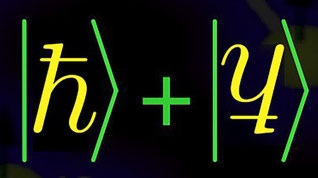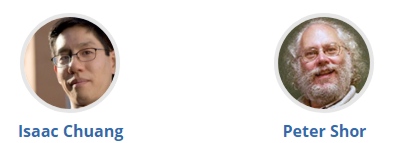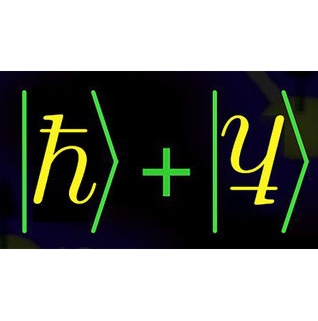| Quantum Computation on edX |
| Written by Sue Gee | |||
| Thursday, 11 January 2018 | |||
|
A series of three courses from MIT on the theory and practice of quantum computation starts next week on the edX platform. One of the two instructors for the courses, which comprise videos of live lectures in the chalk and talk tradition, is Peter Shor, known for Shor's algorithm.
The aim of this course on quantum information science is to further advance knowledge and understanding in quantum information and quantum computing. It to will help participants to establish a foundation of knowledge for understanding what quantum computers can do, how they work, and how you can contribute to discovering new things and solving problems in quantum information science and engineering.
Peter Shor is Morse Professor of Applied Mathematics and Chair of the Applied Mathematics Committee at the Massachusetts Institute of Technology where he is also affiliated with CSAIL, MIT's Computer Science and Artificial Intelligence Lab. In 1994 he formulated the eponymous algorithm for integer factorization that runs on a quantum computer in polynomial time which is one of the topics covered in this course The other instructor, Isaac Chuang, is Professor of Electrical Engineering and Computer Science and Professor of Physics at MIT. and previously presented an advanced course Quantum Information Science II which was described in a review by a graduate student as "hard". The new series of three courses Quantum Information Science I is at intermediate level can be seen as a prequel to the advanced course. The first one, 8.370.1x, is categorized as Computer Science the pre-requisites are calculus and linear algebra. The second course in the series which starts at the end of February, 8.370.2x, is categorized as Physics and you really need to have a background maths, physics and computing to make the most of the complete series which comprises:
While the course has been authored by MIT faculty, support has been provided by IBM Research. As we recently reported IBM has announced prizes for Quantum Computing, an area it seems keen to promote. More InformationRelated ArticlesIBM Announces Quantum Computing Prizes Quantum Physics Is Undecidable Solve The Riemann Hypothesis With A Quantum Computer A Quantum Computer Finds Factors $100,000 Prize For Proving Quantum Computers Are Impossible
To be informed about new articles on I Programmer, sign up for our weekly newsletter, subscribe to the RSS feed and follow us on Twitter, Facebook or Linkedin.
Comments
or email your comment to: comments@i-programmer.info |
|||
| Last Updated ( Tuesday, 16 January 2018 ) |




